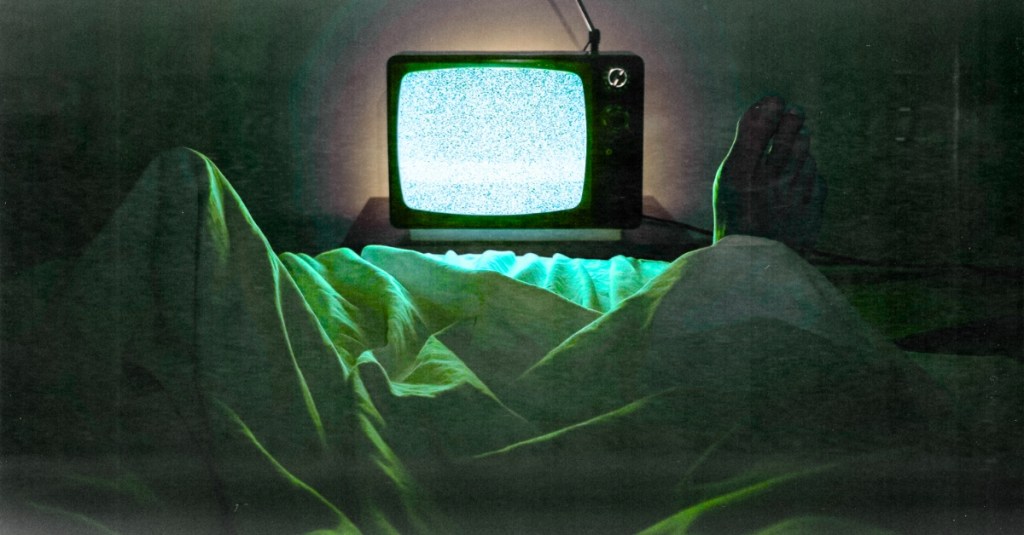Health
Scientists Reveal Why Your Brain Struggles After Midnight

Research indicates that the human brain is not optimally designed for wakefulness after midnight, leading to various cognitive and emotional challenges. A growing body of studies highlights that individuals who remain awake during these hours may face increased impulsivity, risky decision-making, and intrusive thoughts. This phenomenon has been termed the “Mind After Midnight” hypothesis by researchers, including renowned neurologist Elizabeth Klerman of Harvard University.
In a 2022 interview, Klerman elaborated on how brain chemistry undergoes significant changes after dark. “There are millions of people who are awake in the middle of the night, and there’s fairly good evidence that their brain is not functioning as well as it does during the day,” she noted. This raises concerns about the effects of prolonged wakefulness during late-night hours on mental health and decision-making.
Circadian Rhythms and Their Impact
The theory behind this cognitive decline revolves around the concept of circadian rhythms, which are the body’s internal clock mechanisms that regulate sleep, hormone levels, and emotional states. During daylight hours, the brain is primed for tasks that involve reward, cooperation, and focus. Conversely, after sunset, these systems shift to a more defensive posture, heightening alertness to potential threats and increasing sensitivity to negative stimuli. This shift is an evolutionary remnant from a time when nighttime posed greater dangers.
Researchers have noted that this altered state of mind can lead to a range of problematic behaviors. Studies suggest that late-night hours are associated with increased binge-eating, substance abuse, and self-destructive behaviors. Alarmingly, one study reported that the risk of suicide triples between midnight and 6 a.m., a time when cognitive faculties such as reasoning and impulse control are significantly compromised. The authors of this study remarked, “Suicide, previously inconceivable, emerges as an escape from loneliness and pain.”
The Modern Implications of Nighttime Wakefulness
The issues surrounding nighttime cognitive function extend beyond individual experiences. For those who must work late shifts—such as nurses, pilots, and warehouse workers—these findings may have profound implications for mental health and job performance. The brain may operate in a subtly altered state for extended periods, impacting both personal and professional lives.
Given the increasing understanding of how the brain functions after midnight, experts recommend practical strategies. Staying connected with friends, consuming light snacks, or prioritizing sleep can help mitigate the negative effects of late-night wakefulness. As Klerman and her colleagues advocate, further research is essential to explore these dynamics and develop strategies to protect those who must navigate the night.
In conclusion, while modern life often demands late hours, the science suggests that the human brain is not equipped for prolonged wakefulness after midnight. As studies continue to shed light on this issue, individuals are encouraged to prioritize their sleep and mental health, recognizing that the mind may not thrive in the dark.
-

 Business1 week ago
Business1 week agoIconic Sand Dollar Social Club Listed for $3 Million in Folly Beach
-

 Politics1 week ago
Politics1 week agoAfghan Refugee Detained by ICE After Asylum Hearing in New York
-

 Health1 week ago
Health1 week agoPeptilogics Secures $78 Million to Combat Prosthetic Joint Infections
-

 Science1 week ago
Science1 week agoResearchers Achieve Fastest Genome Sequencing in Under Four Hours
-

 Lifestyle1 week ago
Lifestyle1 week agoJump for Good: San Clemente Pier Fundraiser Allows Legal Leaps
-

 Health1 week ago
Health1 week agoResearcher Uncovers Zika Virus Pathway to Placenta Using Nanotubes
-

 World1 week ago
World1 week agoUS Passport Ranks Drop Out of Top 10 for First Time Ever
-

 Science1 week ago
Science1 week agoMars Observed: Detailed Imaging Reveals Dust Avalanche Dynamics
-

 Entertainment1 week ago
Entertainment1 week agoJennifer Lopez Addresses A-Rod Split in Candid Interview
-

 Business1 week ago
Business1 week agoSan Jose High-Rise Faces Foreclosure Over $182.5 Million Loan
-

 Top Stories7 days ago
Top Stories7 days agoChicago Symphony Orchestra Dazzles with Berlioz Under Mäkelä
-

 World1 week ago
World1 week agoRegional Pilots’ Salaries Surge to Six Figures in 2025









